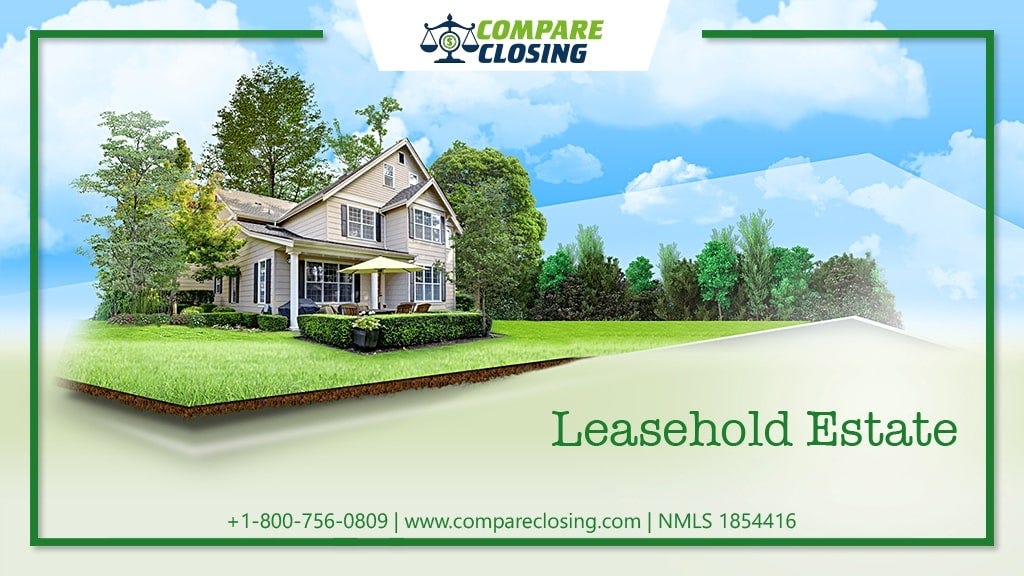
About Leasehold Estate
Most people are aware of the difference between owning a home and renting one.
However, there is a third category that not many people are aware of which is known as a leasehold estate. In this post, we will learn what is a leasehold property in detail.
What Is A Leasehold Estate?
A leasehold estate is when a building is owned by you and the land is owned by someone else.
In this case, you will pay the other person a monthly lease fee to borrow the land that your property is sitting on.
Usually, you will see a lot of leasehold properties in condos; however, there could be other types of properties under leasehold estate.
A leasehold estate is a lot cheaper compare to other properties as you don’t have the ownership of the land.
Deeper Leasehold Estate Definition
When you are looking to buy a property on MLS, and find out that a particular unit in a building is a lot cheaper than other units, you might want to check if that unit is listed as a leasehold property.
By law, the MLS has to spell out the word leasehold and cannot be abbreviated. A lot of people get excited about the leasehold estate because of its lower price.
However, there are a few things that you might want to consider when you are dealing with leasehold properties.
Risk Factors To Consider Before Buying A Leasehold Property
If you are planning to buy a leasehold property, there are a few risk factors that you might want to consider before you make up your mind to buy that property.
The first risk factor to consider is that the lease amount could increase over time. Just like there is a possibility that your rent may increase when you are renting a property, the lease amount for the property that you are borrowing could go up over a period.
You as a buyer don’t have control over this as the owner of the land has the right to increase the lease over time.
The second Risk factor that you might want to watch out for is that there could be a clause in the contract where you might have an option to buy the land known as buying the fee.
However, since the land is owned by someone else, the price would be determined by the seller which is usually equivalent to the price of the building itself or even more.
The third risk factor to consider is the renewal of the lease. At the time the landowner may increase the lease period for these lands, however, the terms of the lease could be very unfavorable for you.
Hence, you should go through the renewal contract to make sure that you are not getting any surprises.
The final risk factor to watch out for when you are considering purchasing a leasehold estate is the fact that at the end of the lease period, you are going to have to forfeit the building as well.
At the end of the lease contract, you would have to return the land to the owner with the building and you would not get any money back for the amount that you paid to buy the building initially as well.
Conclusion
Leasehold estates are not necessarily bad deals. Based on your situation the lease period could go up to 99 years which if you in your life don’t plan to live there for that time, it might be a great deal for you to sign up for something like that.
However, if you are considering something for your family that is a legacy you want to leave behind for your family, then leasehold property may not be a sensible option for you.
It is important for you to understand your goal of buying a property and discuss all the options accordingly with your trusted real estate agent to make an informed decision.
https://www.compareclosing.com/blog/what-is-a-leasehold-estate/
Comments
Post a Comment